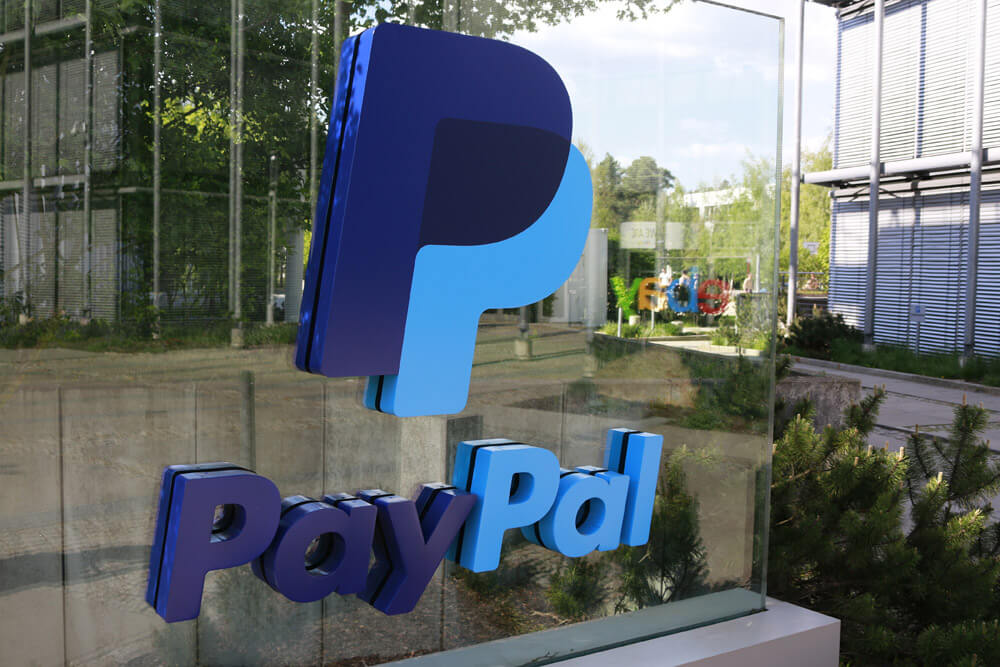It was recently announced that mega online payments firm PayPal would now allow users to purchase both goods and services with bitcoin and other forms of cryptocurrency. Some have called this news huge, such as Mike Novogratz, who believes that bitcoin is about to march deeper into mainstream territory.
Some Say “So What” About PayPal Permitting BTC
For others, however, while the news is ultimately positive for bitcoin and the digital payments community, they don’t consider it a huge gamechanger the way others might. In fact, they think it will do hardly anything to establish bitcoin and digital assets as legitimate forms of payment in that little is done to prevent volatility and currencies’ vulnerability to price swings.
As it stands, bitcoin can be a highly volatile asset, swinging high one minute and down in the doldrums the next. We’ve seen this time and time again, the biggest example arguably being the switch it made from the end of 2017 to the beginning of 2018. Between December of 2017 and February of the following year, bitcoin fell from about $20,000 per unit down into the $9,000 range, meaning that the world’s number one cryptocurrency by market cap lost more than $11,000 in just two months.
By Thanksgiving of that year, the currency had dropped into the mid-$3,000 range, thereby knocking off nearly $17,000 from its previous all-time high.
The fact is that while bitcoin and its altcoin cousins were initially created for payment purposes, very few businesses and retailers have looked to accept them given that this volatility has proven so unpredictable and problematic, and to a certain extent, we can understand their plight. For example, let’s say someone walks into a store and buys $50 worth of merchandise with bitcoin. The next day, bitcoin falls in price and that $50 ultimately turns into $30.
While the customer still gets to walk away with everything they purchased, the company will wind up losing money granted it hasn’t cashed out yet. It’s not entirely fair to the business in question, which is why the payment route for bitcoin and crypto in general has proven so slow.
David Birch – director at payments consultancy Consult Hyperion – commented in a recent interview:
I think this is more about PayPal being smart and looking to the future when fiat currencies will go digital. I don’t think it makes much difference for bitcoin.
Things Might Improve Later Down the Line
Some claim that while PayPal is indeed making the right move, it’s not likely to establish a firm relationship with bitcoin just yet given that many people still have never heard of the asset, much less own it. Lex Sokolin – global fintech co-head at ConsenSys – explains:
For regular people that have never heard of bitcoin, the association between PayPal and bitcoin, those are all signals for bitcoin being recognized as a digital asset that works.



